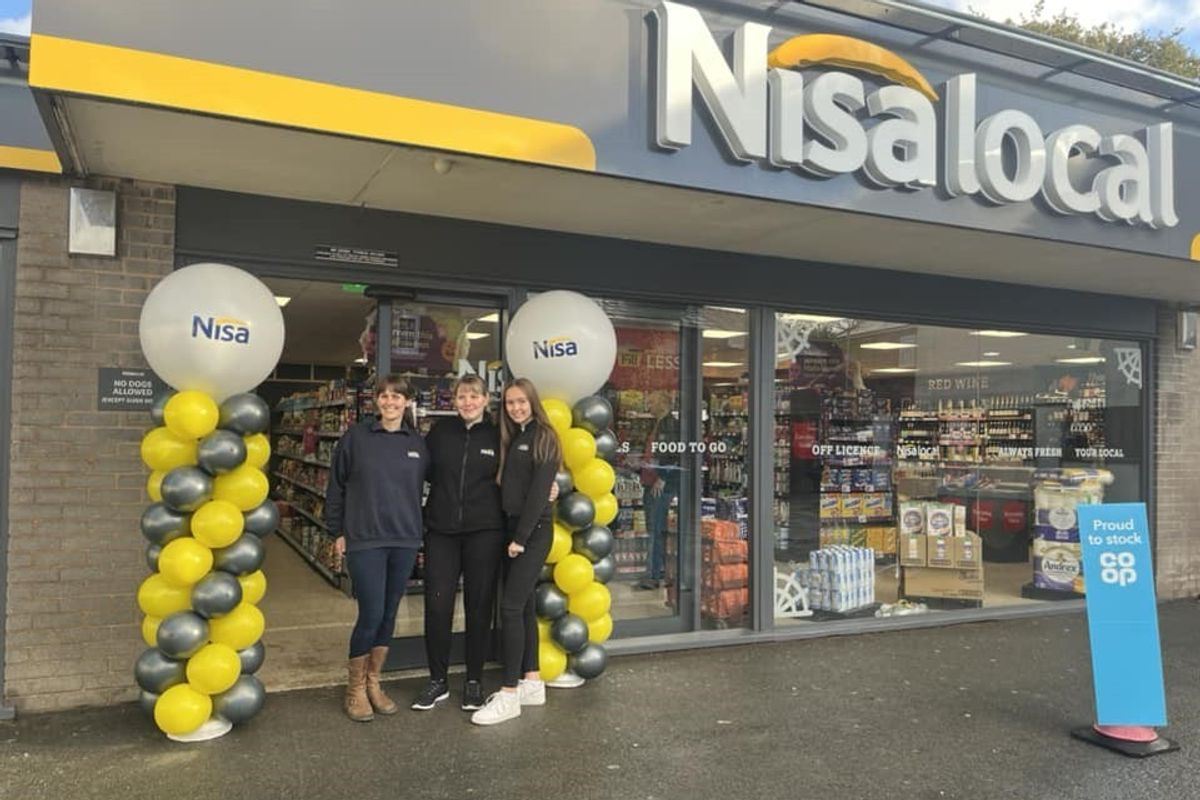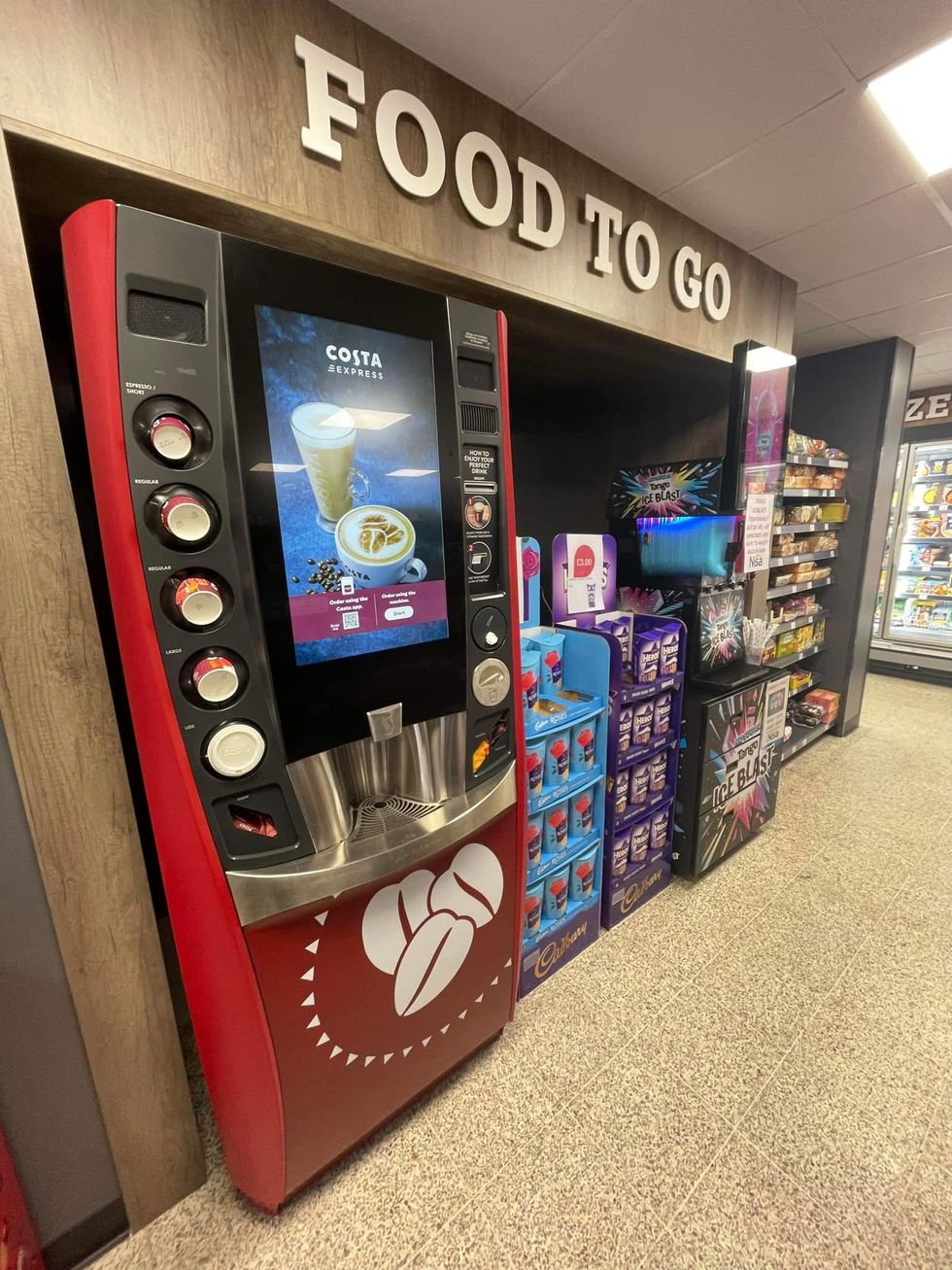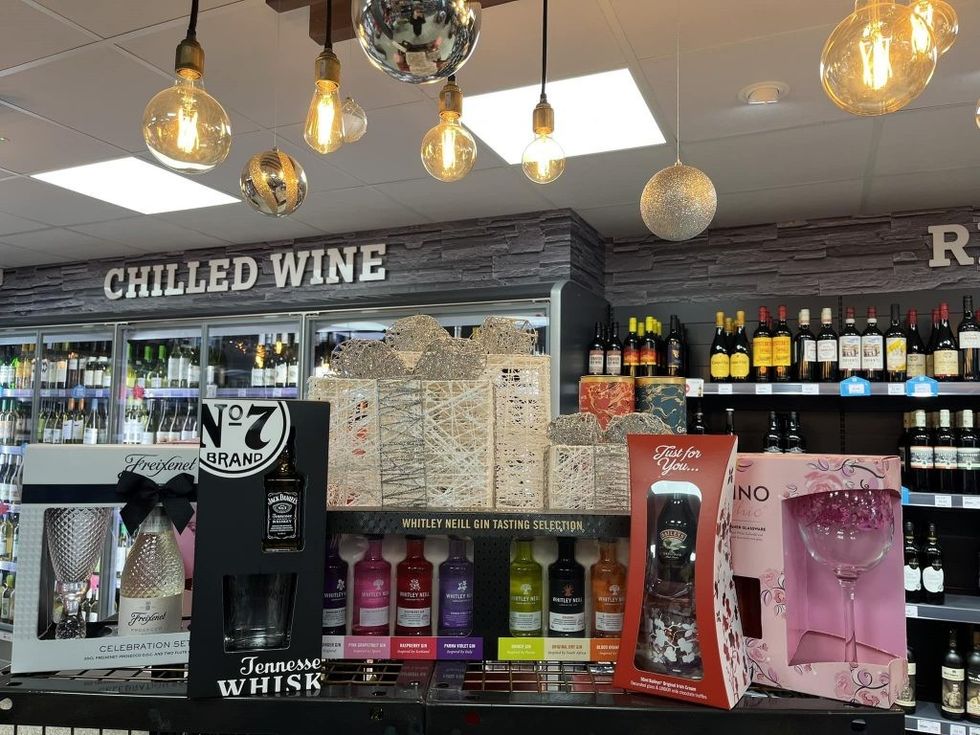A family run village store in the north west of England has marked half a century of trading by carrying out a full refit just ahead of the milestone.
Father and daughter team Derek and Sarah Holden will celebrate 50 years at their current site in Great Eccleston next year and wanted to futureproof the business by bringing it bang up to date.
Previously trading under Nisa’s Loco fascia, the 2,250 sq.ft. store is almost unrecognisable now with every existing fixture and fitting removed and replaced with brand new.
Derek, who first joined Nisa in 1997, said: “We had let the store get a bit stale and it was looking tired and so we decided to take the plunge and go for the refurbishment.
“It’s been a considerable time since we did anything to the store and so we have had the entire place refitted – we even got rid of the spiders!”
The latest Nisa Local Evolution fascia and store format has been installed with taller shelving allowing room for a wider range including more local suppliers as well as Co-op own brand.
“There is so much more space now,” said Derek. “We have been able to add in a lot more products and we are really keen to support local.”
The amount of chilled food available has been increased and new food to go offers introduced along with Costa and Tango Ice Blast machines installed, encouraging new shoppers through the door as well as giving existing, long-term customers something new and exciting.
The bespoke Nisa Epos Evolution IT system has also been installed as part of the refit offering new services and analysis capabilities, replacing a previous system that had been used for more than 30 years.
Derek said: “The change has been brilliant, and it has really kickstarted us all and fired us up for the future. The business was drifting before, but now we are so enthusiastic and always looking at what we can do in the shop to make it look even better.”
Retail development manager Tony Pickford, who has been supporting the store through the changes, said: “The store has a really loyal customer base in a village location with shoppers now able to so a full shop in store. Baskets are being filled up and the development has reinvigorated the village. It looks great and Derek and Sarah are doing a brilliant job.”




